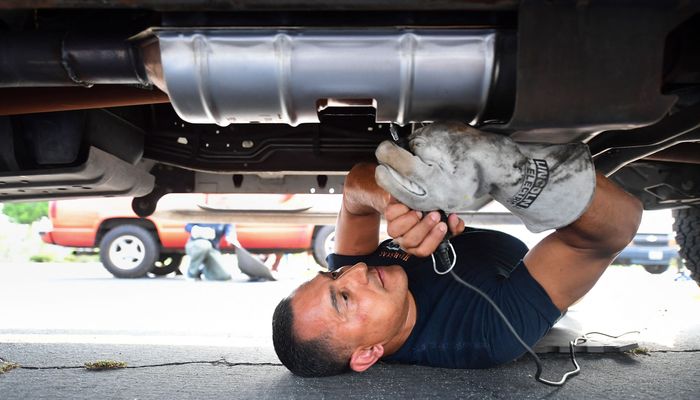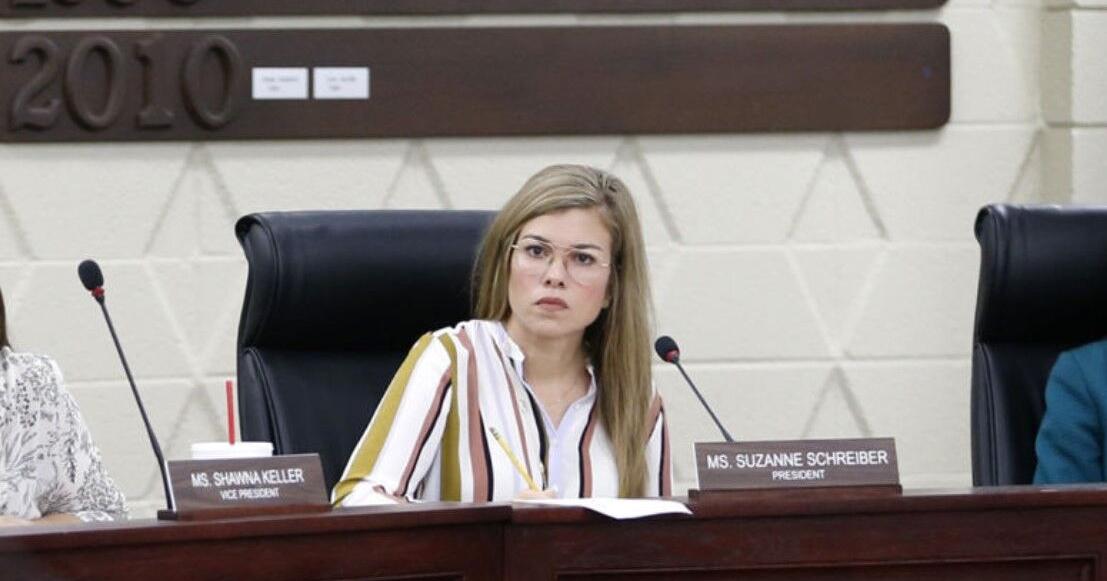
A bill authored by Tulsa freshman State Representative Suzanne Schreiber aimed at empowering law enforcement to enact forfeiture measures associated with the theft of catalytic converters and copper will become law in November after clearing all legislative hurdles.
Schreiber said she was informed about the issue by her predecessor, former state representative Carol Bush, who had worked to combat catalytic converter theft during her time in office.
“I heard loud and clear the theft of copper and the precious metals found in catalytic converters is an ongoing issue and law enforcement needed more supports to get to the root of the crime,” Rep. Schreiber said, “So House Bill 1328 was the next step in helping law enforcement put an end to these crimes.”
Under the new law, any equipment used to commit catalytic converter and copper theft are subject to forfeiture, as well as any money acquired as a result of the theft. The law also allows forfeiture where there is a violation of the Oklahoma Scrap Metal Dealers Act.

“Authorizing forfeiture allows us to get at the root of the crime and stop the business of catalytic converter theft,” she said.
“Thousands of catalytic converters are stolen from Oklahomans every year costing families an average of more than $1000. They are stolen from neighborhoods, from our church parking lots, at hotels, anywhere there is a vehicle and that creates major safety risks for the public.”
Cheryl Compton with the City of Tulsa Police Department lauded the bill as an important win for law enforcement throughout the state.
“The passage of this bill set to become law in November will support the hard work of law enforcement to clamp down on catalytic converter and copper theft and protect the public not only right here in Tulsa but in communities across Oklahoma.”
Source: press release





